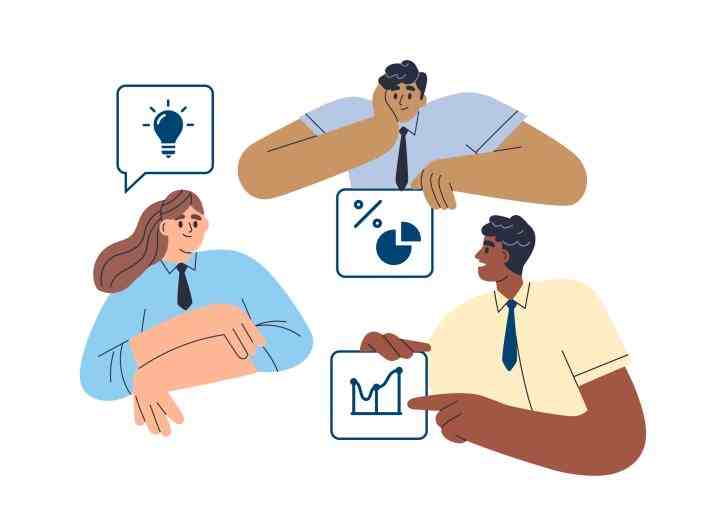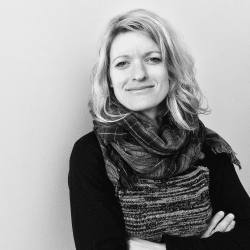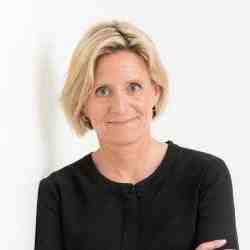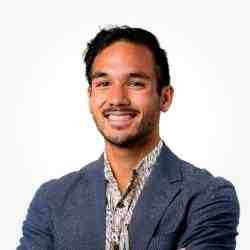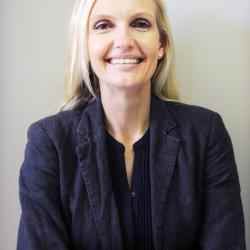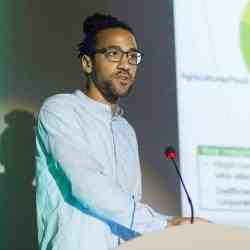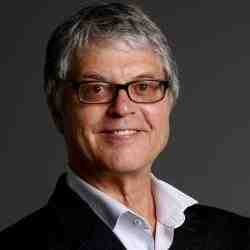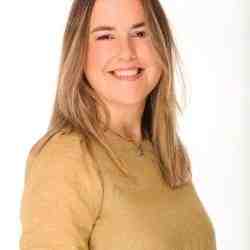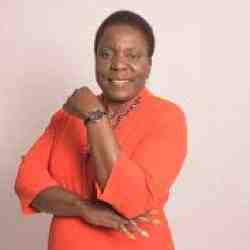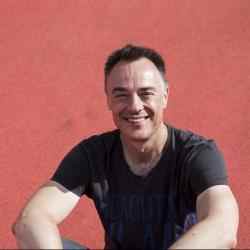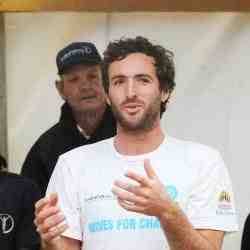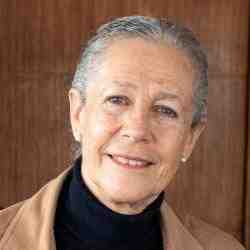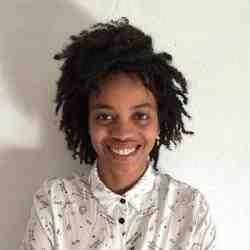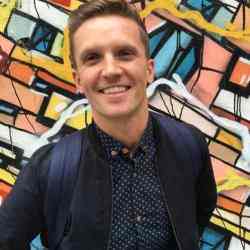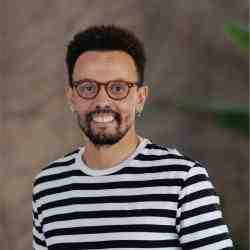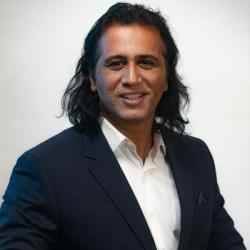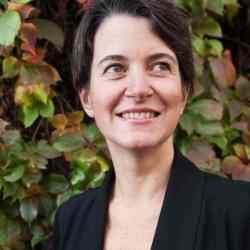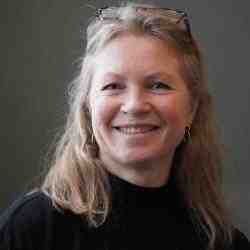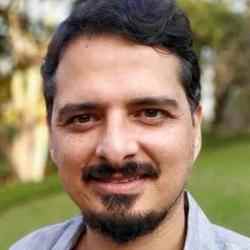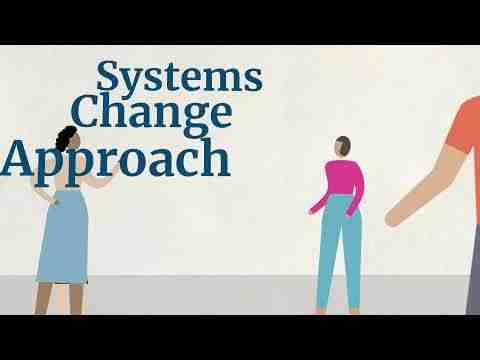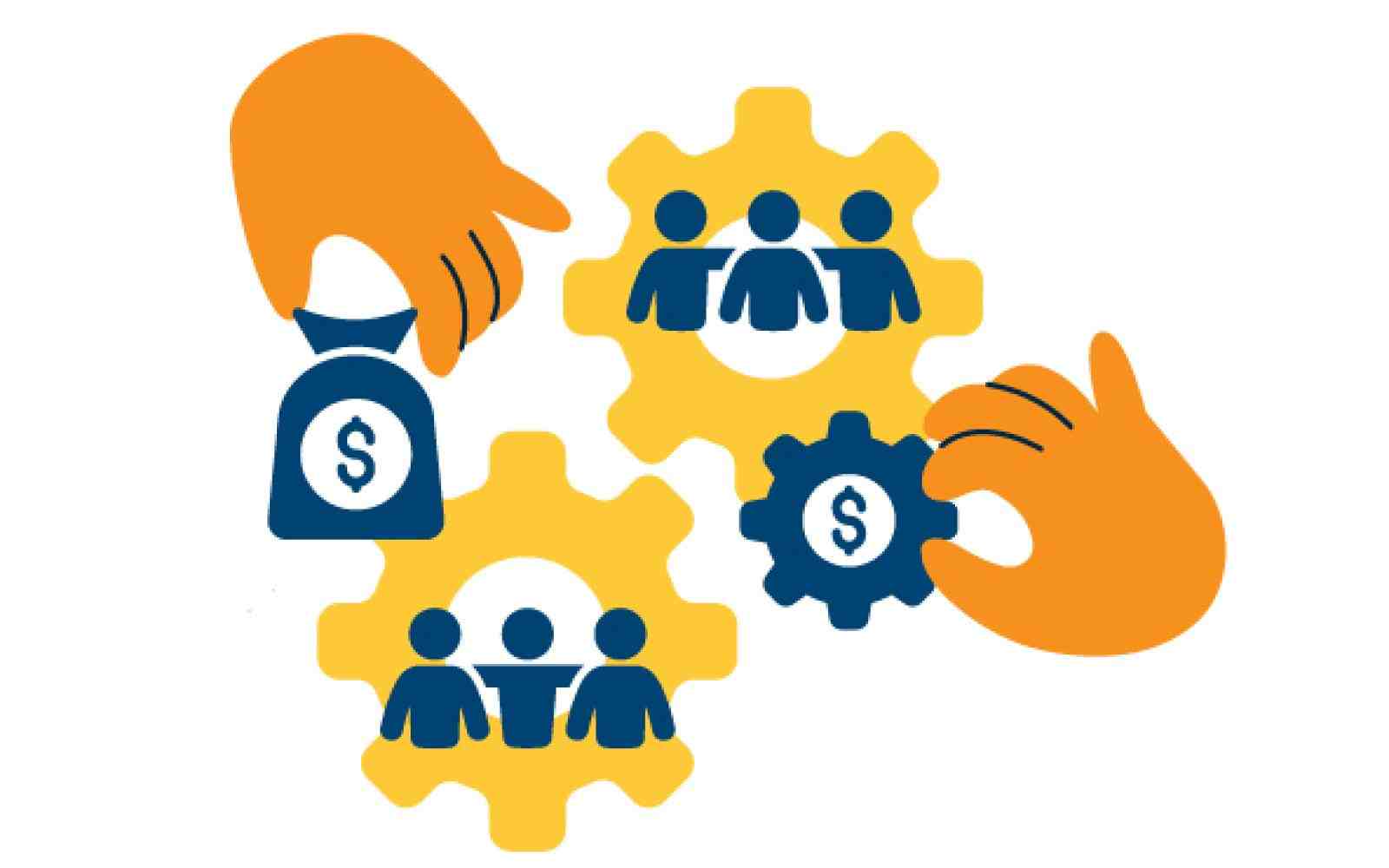This program is a great re-alignment of our core goals, to really figure out how we can change the system and to make it more concrete. This process has been a huge benefit for me, as a leader and changemaker, and has had a positive impact on my team members who participated in the program.
Systems Change Strategy Accelerator
Our Accelerator helps social entrepreneurs gain clarity on systemic root causes of social and environmental problems and the importance of engaging more changemakers as part of the solutions. It enables them to design effective systems change strategies based on respect to all humans and nature.
Refined since 2010, it is a structured collective thinking process between social entrepreneurs, systems thought partners from Ashoka and selected leaders from business and the social sector.
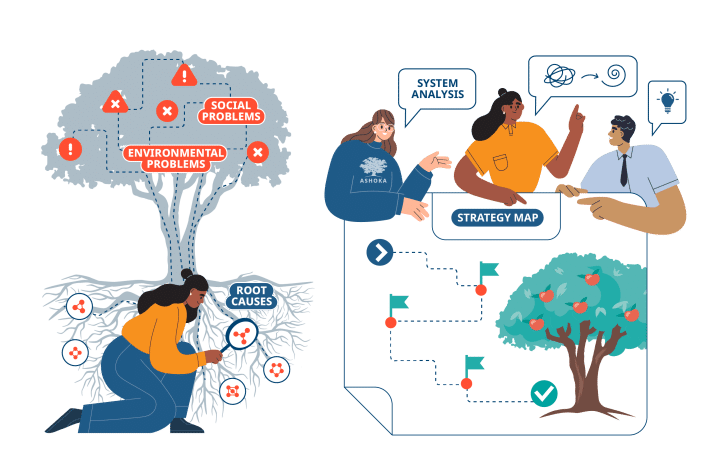
Our recipe for success
We run on average two accelerators per year, each for a cohort of 12 selected social entrepreneurs. Diverse in geography and topics, participants are always united by one theme that we define together with the cohort sponsor.
Our recipe for success is
-
a careful selection of social entrepreneurs
-
expertise-based matching with thought partners,
-
a proven strategy process based on three key principles,
-
regular zoom calls,
-
and an in-person 3-day summit with thought partners who then open doors and advance the social entrepreneurs' strategies.
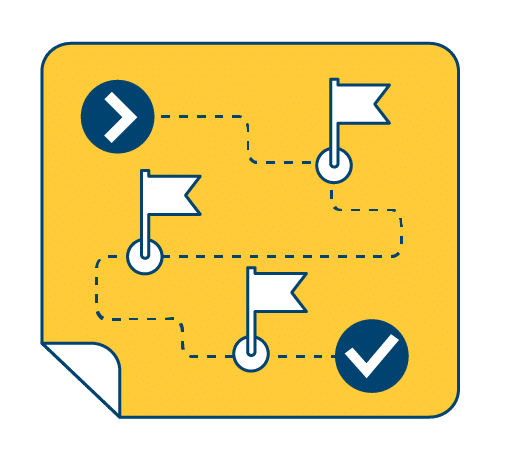
This is how our process works
SELECTION
We invest much care into selecting those social entrepreneurs from the Ashoka network who at that moment are ready to invest the time and energy to take a birds’ eye perspective and challenge their own strategy.
MATCHING
Around each participating social entrepreneur, we compose a team of the best fitting thought partners. We are privileged to have 300+ committed senior executives and business consultants in our network.
KEY PRINCIPLES
Our thought process is based on the Globalizer principles, which we repeat to participants and thought partners alike:
-
Aim for systems change! Or the problems will just reappear.
-
Maximize indirect impact and engage other changemakers! You will not reach the tipping point alone.
-
Open up! When you let go of control you allow for greater contributions from others needed to transform systems.
STRATEGY PHASE
Each social entrepreneur is matched with a team of thought partners including Globalizer systems change experts,executives, entrepreneurs, and management consultants. Each team has 14 weeks to complete the five steps of our thought process:
-
Problem. What exactly should change as a result of your work?
-
Root causes. Which social systems keep the problem in place, and how?
-
Systems change goal. Which element or dynamic in which social system do you want to change?
-
Systems Change Story. How will the story of your intended systems change play out? What are the concrete milestones that need to be achieved?
-
Contribution. What exactly will you do to make progress toward these milestones?
Our thought process is available as a free online course.
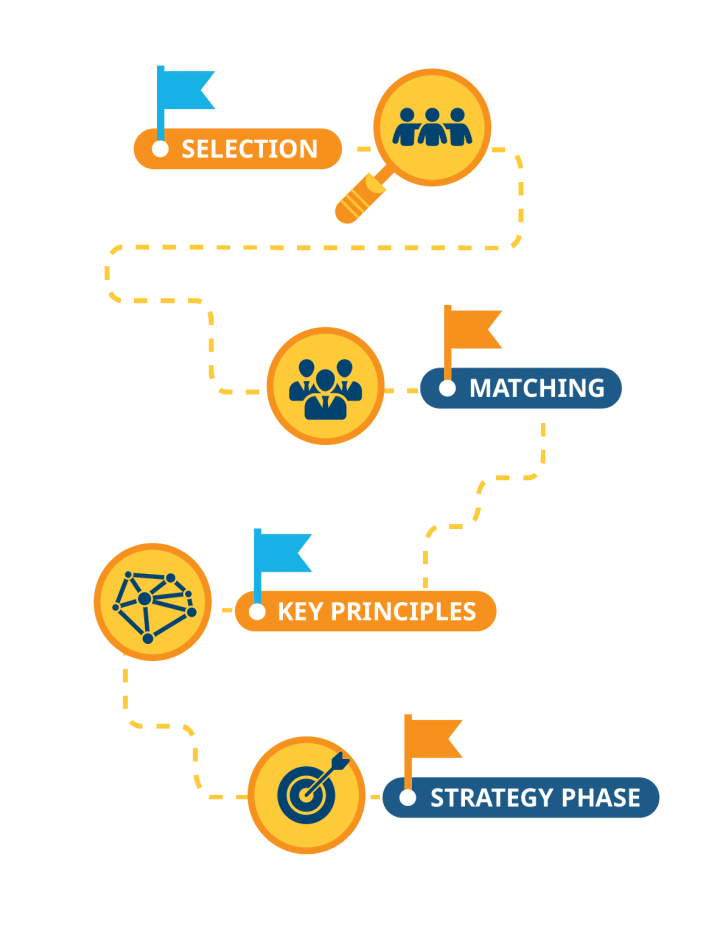
All parties benefit from the process
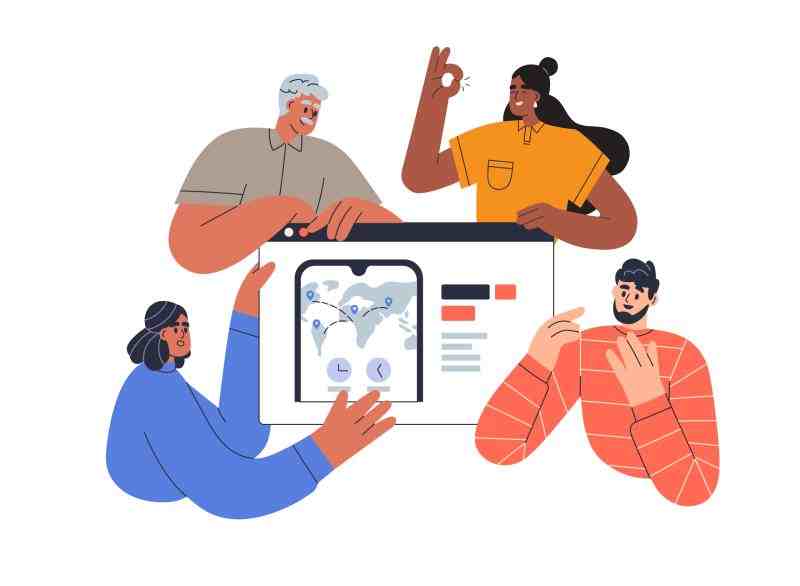
Social Entrepreneurs and their teams
deepen their understanding of the problem they are working on, increase focus on systems change, indirect impact (rather than direct service only), and engaging more changemakers to shift the system, develop a clear action plan and strengthen their personal leadership skills to facilitate systems change.
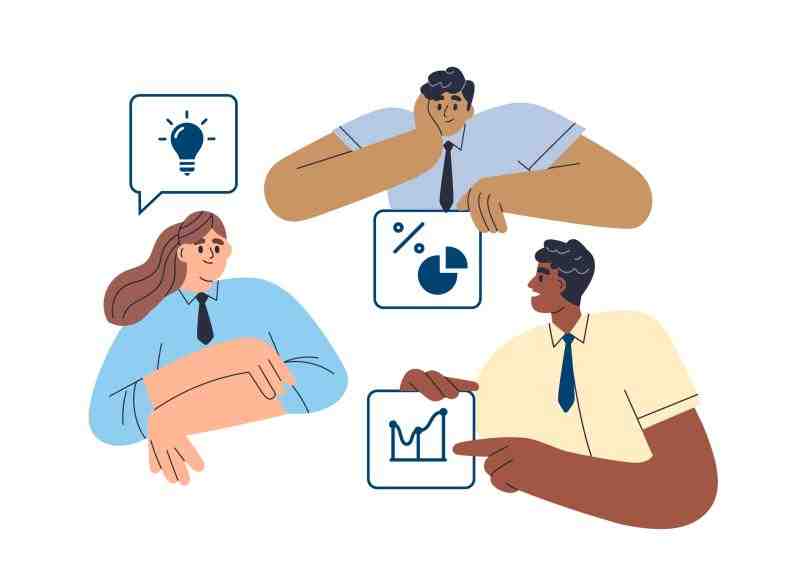
Thought partners from business and the social sector
get a deep dive into a social/environmental problem together with a systems change practitioner, have a chance to contribute their experience and networks, and gain insights on how they can create positive impact through their own work.
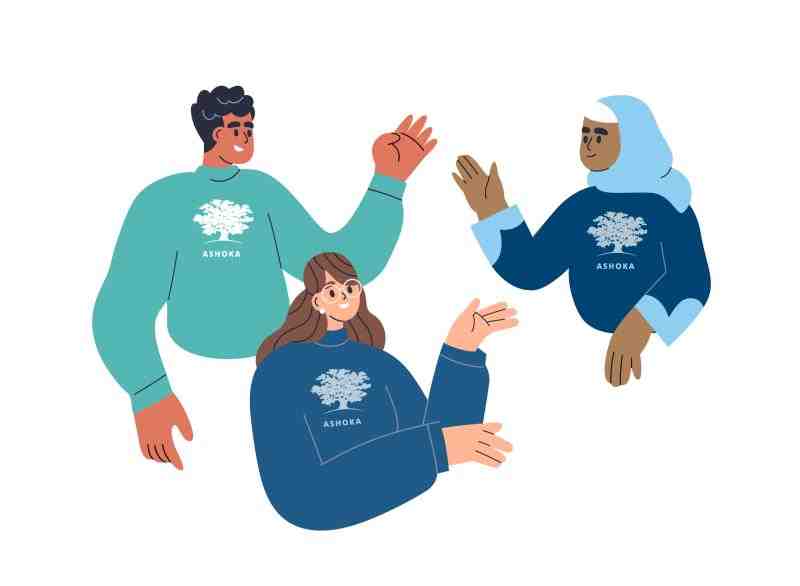
Ashoka systems thought partners (our team)
with every new cohort further refine their understanding of systems and strategies to achieve systems change and move towards and Everyone a Changemaker world, and consequently turn patterns they notice into evidence-based knowledge products open to all changemakers.
Our current cohort
Ashoka Fellows who are working on Healthy Living and Longevity in topics around sports, intergenerational relationships, workforce, and contribution, amongst other areas.
Beka Ntsanwisi
Bekka Ntsanwisi Foundation
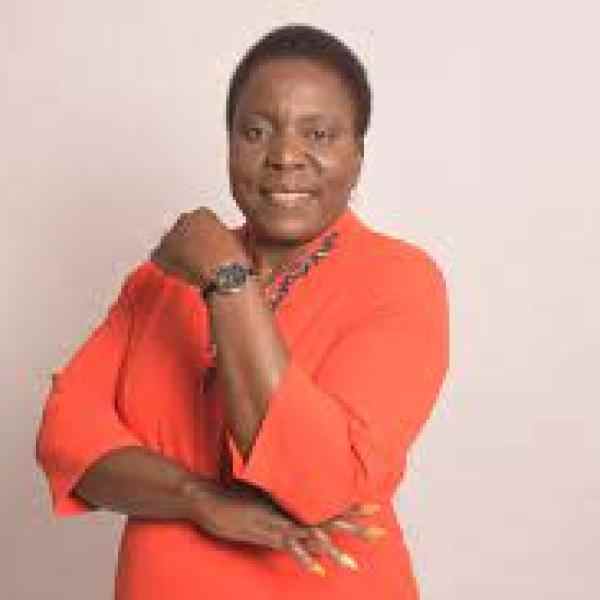
Beka Ntsanwisi
Bekka envisions a world where older adults can live robustly beyond 90 years of age by incorporating healthy practices and exercise into their lives.
Ole Kassow
Cycling Without Age
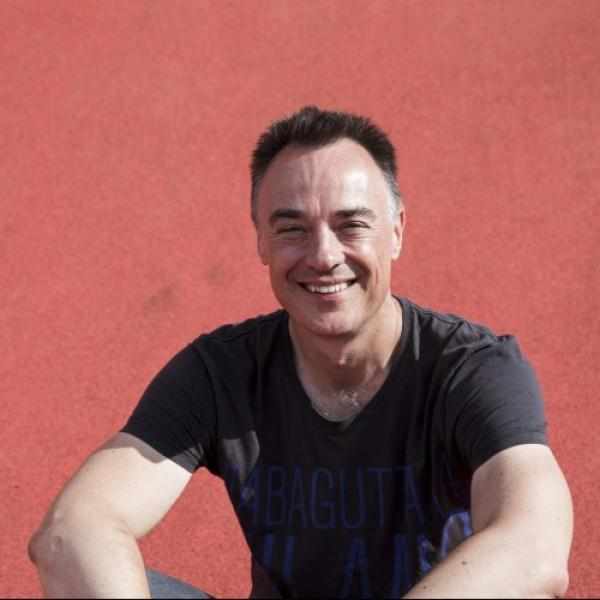
Ole Kassow
Cycling Without Age takes nursing home residents, who tend to be socially excluded, back into the streets and allows them to be part of ongoing urban life. As the older passengers and younger cyclists co-create new experiences on trishaws, Cycling Without Age showcases the joy of intergenerational exchange to society.
Timothy Conibear
Waves for Change
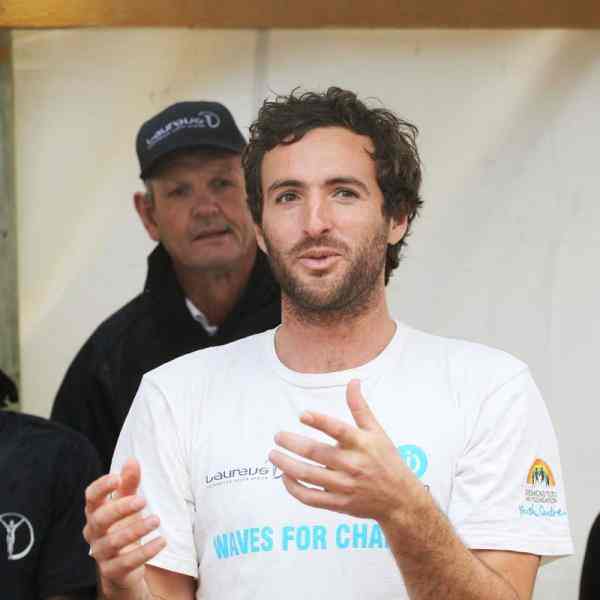
Timothy Conibear
Waves for Change employs new ways to scale fun, accessible and culturally sensitive mental health sports interventions so that more vulnerable people can access the mental health support they need in ways they enjoy.
Ximena Abogabir
Travesia100
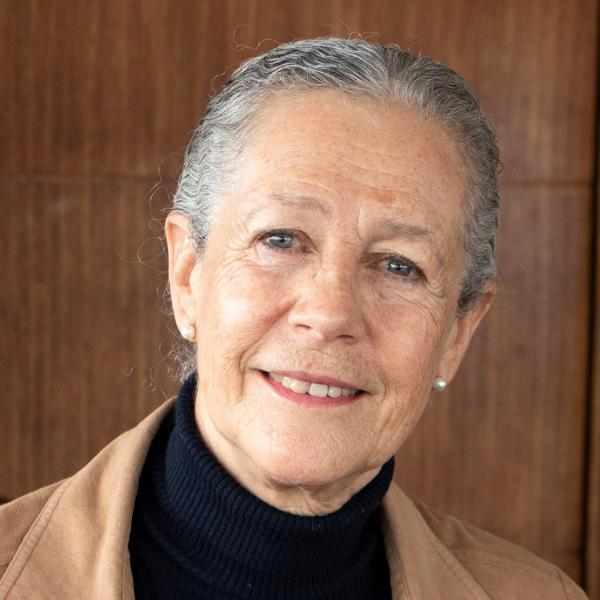
Ximena Abogabir
Travesia 100 is a journey to change society's view of aging, from being a burden to being a contributor to society.
Diane Sousa
Instituto Formacao
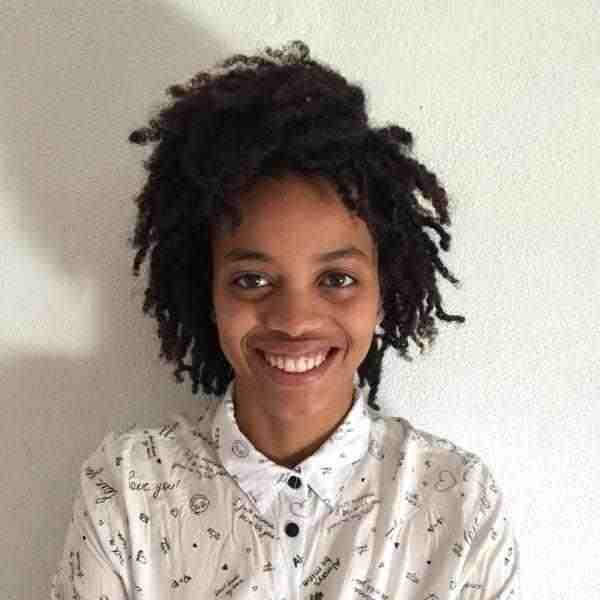
Diane Sousa
Diane created the Sports and Citizenship Incubator at Instituto Formação to design, execute, manage, disseminate, and monitor different methodologies that use sport and leisure as a tool for social change.
Mark Swift
Wellbeing Enterprises
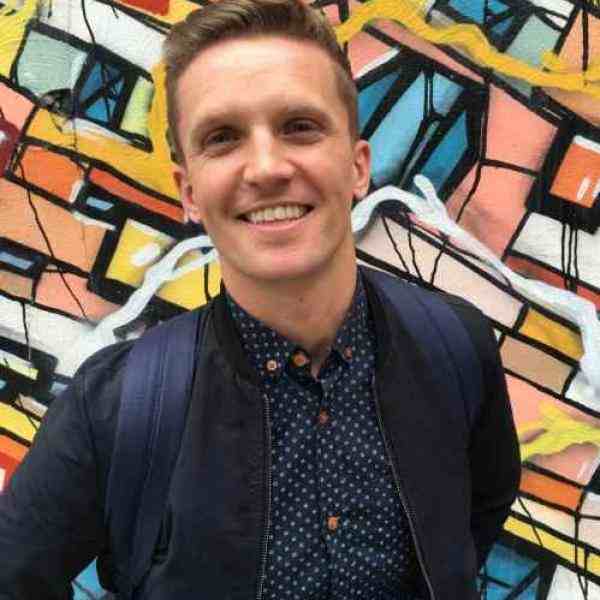
Mark Swift
Wellbeing Enterprise has co-designed, tested and mainstreamed social health approaches like social prescribing - an approach that connects people to activities, groups, and services in their community to meet the practical, social and emotional needs that affect their health and wellbeing- into clinical pathways as a way of augmenting clinical outcomes, saving money, lives and giving people back their dignity.
Philomena Anyanwu
El-Aged Care

Philomena Anyanwu
El-Aged Care Initiative uses a mix of social care, and peer-to-peer support to cater to the older population and change mindsets about ageism.
Joao Souza
FA.VELA
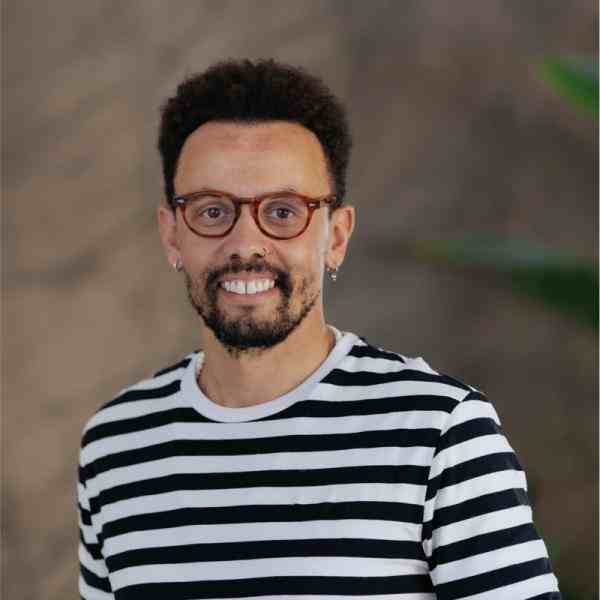
Joao Souza
FA.VELA works to reduce inequality through access to quality education focused on digital and entrepreneurial skills, especially for those most affected by the digital gap, women and older adults in marginalized communities.
Ashwin Naik
Manah Wellness
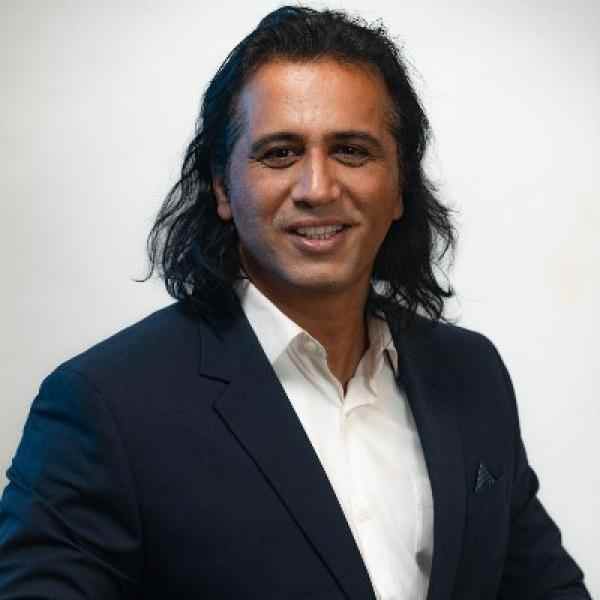
Ashwin Naik
Manah Wellness builds champions of wellbeing rather than focusing on providing services. Their mission is to empower individuals and organizations to manage their own mental health and well-being.
Riccarda Zezza
Lifeed
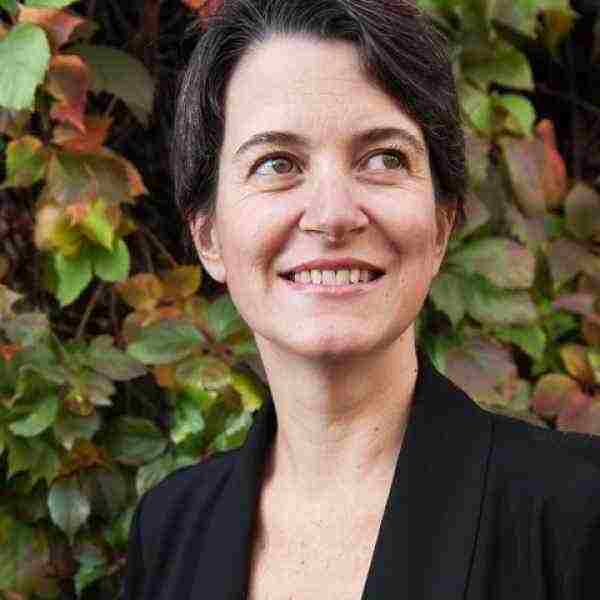
Riccarda Zezza
Riccarda believes that work-life balance should radically be redefined, so that parents can stop seeing their time off work spent with their children in conflict with their careers. To reach this objective, she works with employers, particularly in the corporate world helping them to stop seeing maternity leave and parental care as a burden, but as a time for developing key skills that are useful for personal as well as professional development. Riccarda refers to this concept as MaaM, Maternity as a Masters.
Heidi Wang
NOEN
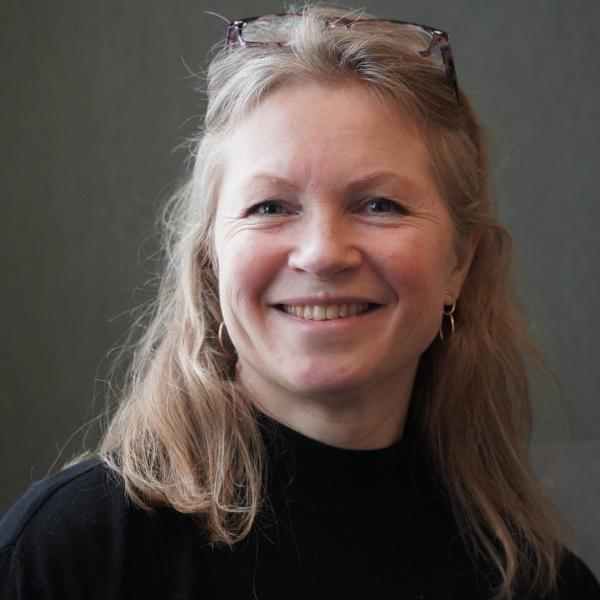
Heidi Wang
Heidi is building a new resource in society for people with dementia that combines an emphasis on early diagnosis and prevention, focusing on what remains rather than what they have lost. She has designed a hand-tailored treatment program that draws on a person’s life-long qualities to place them at the center of care. Heidi’s organization, NOEN, has created a caregiving population equipped with skills to increase the quality of life.
Sergio Serapião
Labora
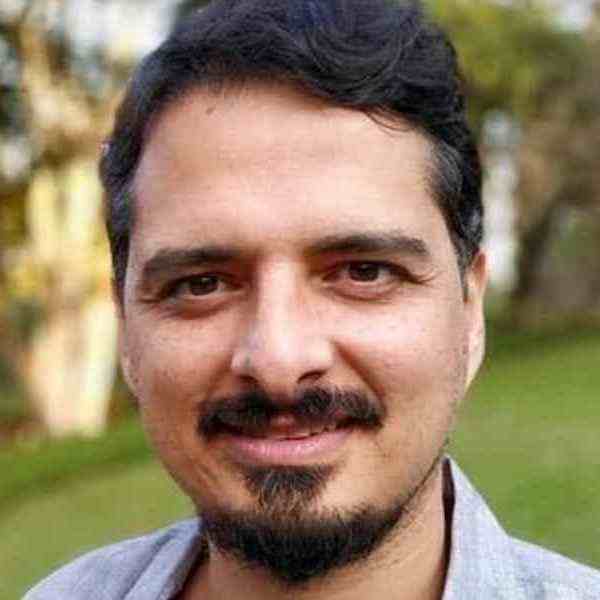
Sergio Serapião
Sérgio Serapião is building a national movement to change the paradigm of old age in Brazil. Through networking and a replicable model of gatherings, trainings, co-construction of new roles and forms of changemaking, and incubation of initiatives aimed at this public, Sérgio enables the acceleration of social innovation processes that put older adults at the center of attention as protagonists, as well as beneficiaries.
Check out some of our Fellow's journeys through the accelerator
Get to know our Globalizer Alumni
You can find all Globalizer Alumni on a map here.
Key figures from our latest corporate partnership
All engaged partner employees gained new motivation to do at least one of the following actions:
- engage colleagues to create positive social impact (72%)
- create positive social impact at work (93%)
- solve social problems beyond work (63%)
All engaged partner employees gained new insights in at least one of the following areas:
- how to work, organize and lead (40%)
- markets and business models (55%)
- systems change (91%)
- social entrepreneurship (84%)
